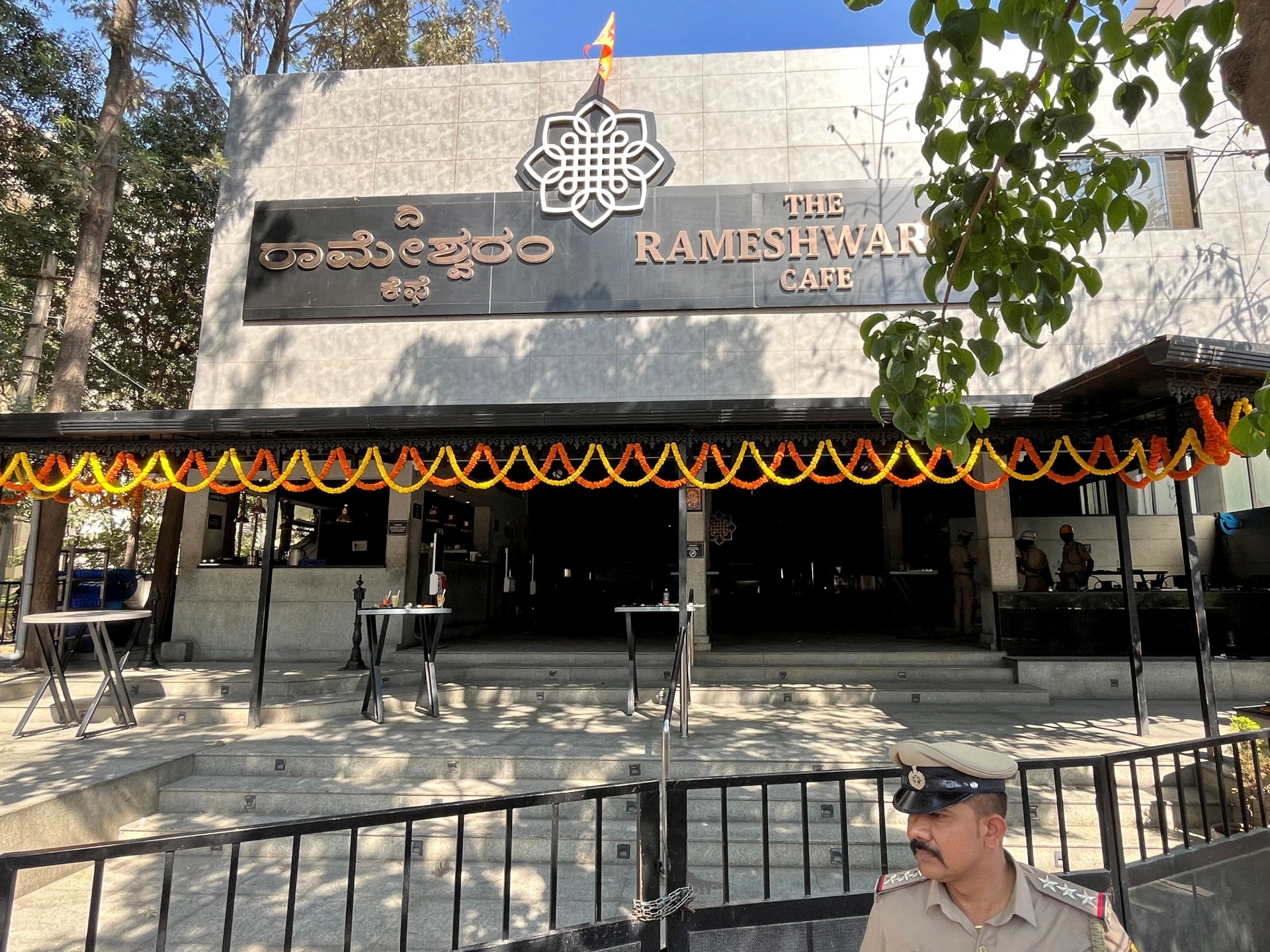Hundreds of candidates pull out of French run-off in bid to foil far right | Emmanuel Macron News
Mass exit aims to deny parliamentary wins in final vote that could give far right first government since World War II.
France’s left-wing and centrist parties have withdrawn hundreds of candidates from Sunday’s parliamentary elections, in a move aimed at thwarting the formation of the country’s first far-right government since World War II.
The mass exit came before a Tuesday registration deadline before the final run-off vote on Sunday. The withdrawing candidates were mostly either allies of French President Emmanuel Macron or from left-wing parties.
Macron had called for snap parliamentary elections in June after his party was trounced in European elections, but the move appears to have largely backfired. Instead of shoring up the mandate of his centrist Renaissance party, Marine Le Pen’s far-right National Rally (RN) party won the most seats in the first round of voting on June 30.
Le Pen’s party, which espouses an anti-immigration platform with policies decried as Islamophobic, hopes to win enough seats in the second round of voting to form a government. Le Pen said on Tuesday the party will still seek to form a government even if it falls just short of the 289-seat absolute majority in the 577-seat National Assembly.
Macron’s centrists and the left-wing New Popular Front (NFP) hope they can prevent such an event, with the president telling a closed-door meeting of ministers at the Elysee Palace on Tuesday that the top priority was blocking the RN from power.
That would involve supporting members of the far-left France Unbowed party (LFI) if necessary, Macron said, despite some opposition from members of his own party.
LFI party member Francois Ruffin also said on Tuesday that there was unity in “one objective … to deny an absolute majority to the National Rally.”
Reporting from Paris, Al Jazeera’s Natacha Butler said that the candidates who dropped out were typically running in three-way races where the far-right candidate appeared to be leading.
“It means that in a number of those constituencies where there was a three-way race, there will actually just be a two-way race between the far-right candidate and whoever has stayed in the race, whether it be a centrist candidate or a left-wing alliance candidate,” Butler said.
“The impact this will actually have on Sunday when voters go back to the polls is not predictable,” she added.
Just 76 lawmakers, almost all from the far edges of the political spectrum, were elected outright in the first round of voting.
Most projections in the immediate aftermath of the first round of voting showed the RN falling short of an absolute majority.
Several analysts have said the most likely outcome will be hung parliament that could lead to months of political paralysis, at a time when France is preparing to host the Summer Olympics.
The chaos also risks damaging the international credibility of Macron, a champion of Ukraine’s fight against the Russian invasion who is set to attend a NATO summit in Washington, DC next week.
For her part, Le Pen has said she would make her 28-year-old protege Jordan Bardella prime minister if her party gains a majority. That raises the prospect that a far-right official serving concurrently with Macron, who has pledged to finish out his term ending in 2027
Similar efforts to build a broad coalition of centrist and left-wing parties to thwart the far-right in France have been successful in the past.
That included in 2002, when voters rallied behind Jacques Chirac to defeat Le Pen’s father, Jean-Marie, in a presidential contest.
Check out our Latest News and Follow us at Facebook
Original Source







